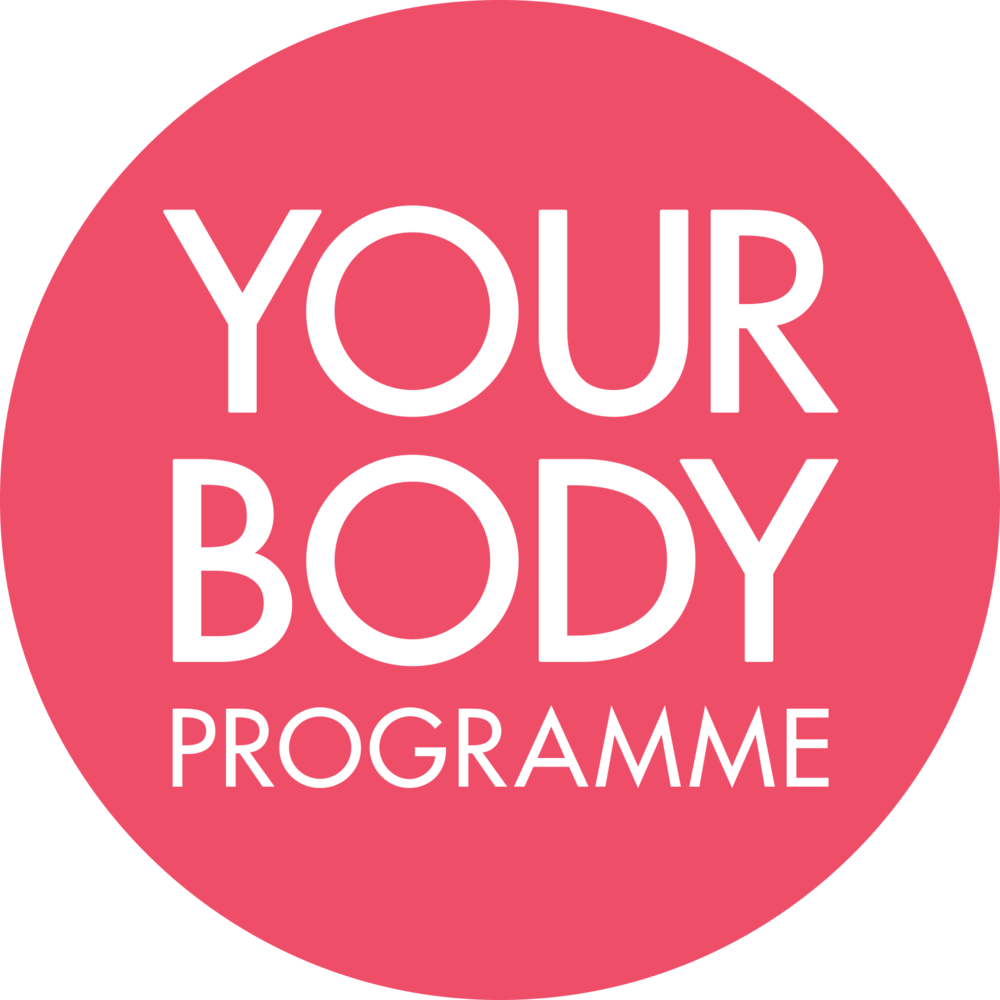FAT loss
What is considered overweight?
Body Fat Percentage (BFP) is a measure of the fatty tissue found on the body. The ideal percentage for women is 17-23% and for men 14-15%. Women with BFP of 35% and over and men with over 30% are classified as obese.
Fat around the abdomen area is linked to cardiovascular disease and diabetes. A hip to waist measurement can be used to assess a potential health risk. The risk is increased when the waist to hip ratio is greater than 0.8 for women and 0.95 for men.
Potential causes
Genetics - some people are genetically programmed to burn energy at a slower rate.
Poor food choice - may be learned from childhood, cultural, low socio-economic group or simply ignorance.
Diabetes - most diabetics struggle to control weight, excess glucose in the blood not taken up by cells is converted to fat.
Pathophysiology - low levels of leptin, the hormone that controls appetite, and low levels of serotonin.
Blood sugar imbalance - caused by high sugar consumption, stress and/or stimulants such as tea and coffee. Excess sugar in the blood will be stored as fat, if not used for energy. The high blood sugar will inevitably plummet, producing low blood sugar, resulting in sugar cravings and adrenal stress, which in turn can suppress thyroid function.
Allergies or food intolerances - food allergies are generally easy to diagnose as they produce an immediate and severe response. Intolerances can be harder to identify as they generally caused from substances consumed frequently. Commonly people are unaware that the minor symptoms they are experiencing are caused by the food they are eating. One symptom is weight gain and wheat and dairy are among the most common culprits.
Underactive thyroid - the thyroid gland helps control metabolism. Low thyroid function can be borderline and thus not picked up on routine blood tests.
Dehydration - many people do not drink enough water, leaving them dehydrated. Water is essential to help eliminate toxins and dilute sugar or protein in the blood. Excess toxins will cause new fat cells to be produces to nullify their damaging effect.
Digestive problems - as digestion is fundamental to the way our body’s deal with food, digestive problems are frequently implicated in weight issues. Potential problems include low stomach acid, low digestive enzymes, yeast overgrowth such as Candida, parasites and bacterial infections.
Nutrient deficiencies - wide ranges of nutrients are required to support metabolic processes. Essential fats are particularly important, B-vitamins, vitamin C, zinc, choline, inositol, chromium and manganese are especially useful for weight control and metabolism.
Toxicity and poor liver function - the liver is the central organ of detoxification and also plays a key role in the digestive process. It is involved in blood sugar balance and the recycling of excess hormones such as oestrogen, which can contribute to weight gain as well as removing toxins from the body.
Hormonal issues - oestrogen is a fat storage hormone that can cause weight gain and may also affect thyroid function. Temporary weight gain may occur when pre-menstrual or during the menopause. Hormones (leptin/ghrelin) are also involved in appetite control.
Psychological factors - stress and depression are often triggers for comfort eating.
Environmental and lifestyles factors - fast food, drugs, lack of sleep and a sedentary lifestyle can all cause weight gain.
Symptoms
Depression
Gaining weight easily and difficulty losing weight
Dry skin and/or hair
Headaches
Lethargy or fatigue
PMS or painful periods
Recurrent infections
Sensitivity to the cold e.g. cold hands
Constipation, gas, bloating or indigestion
Poor memory
Difficulty concentrating
Health risks
Cardiovascular disease
Diabetes
Hormone imbalances and infertility in women
Cancer
Osteoarthritis
Depression
Gallstones
Avoid
Avoid fast releasing carbohydrates such as refined and high sugar foods (white bread-pasta-rice, cakes and biscuits, sweets)
Avoid sugary drinks and ‘diet’ drinks containing aspartame
Avoid stimulants such as tea, coffee and chocolate
Limit red meat and dairy foods
Avoid alcohol
Actions
Eat slow releasing carbohydrates - whole grains and green vegetables
Eat a protein food the size of your fist with every meal
Essential fats - fish, nuts, and seeds
Drink water - 1.5 to 3 litres a day, depending on your lifestyle
Schedule regular meals and always eat a good breakfast
Eat plenty of fibre from fresh vegetables and whole grains
Select lean meat and fish and choose more vegetable sources of protein such as tofu, lentils, beans and peas
Select fresh foods over processed foods whenever possible
Eat at least 8 portions of fruit and vegetables every day
Eat slowly and chew your food
Put aside some quality time for meals and never eat standing up or on the move
Stop eating when you are full
Never go hungry, carry a snack of some fruit and a few nuts around with you
Follow the 80:20 rule - you should aim to eat healthily at least 80% of the time
Changes to your diet should be gradual and sustainable, fad and crash diets don’t work
Identify possible food intolerances
Lifestyle
Take exercise - increase your heartbeat for 30 minutes, three times a week at least
Stress Management - stress increases cortisol, which increases weight gain
Counselling - address psychological issues contributing to overeating
Tests
Intestinal permeability
Parasites and pathogens (CDSA)
Absorption (CDSA)
PCOS if polycystic ovary syndrome is suspected
Thyroid Screen if low thyroid function is suspected

